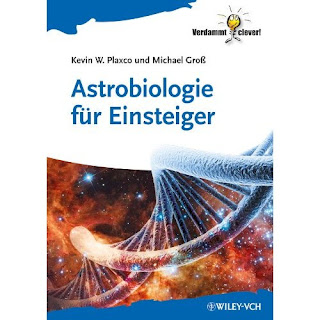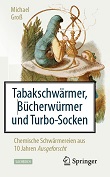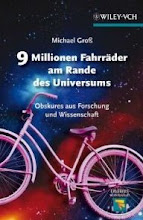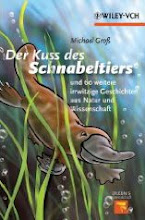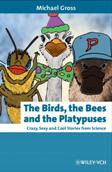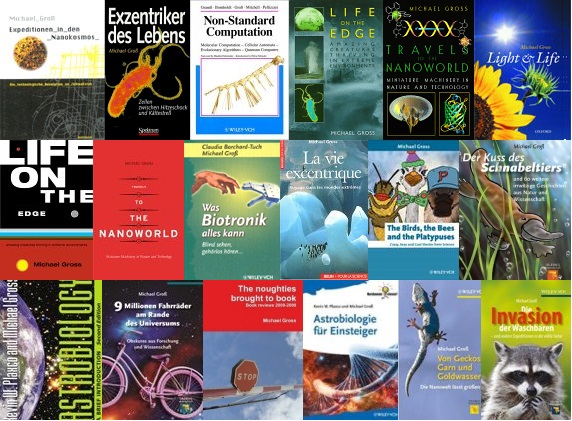film review:
Where do we go now? (Et maintenant on va ou?)
I am getting increasingly paranoid about films that I would like to see but which aren’t shown in cinemas around here. So when I found out that Nadine Labaki, whose first film Caramel (2007) I had enjoyed very much when it came out, had a new film out, but it wasn’t showing up at our local independent cinema, I poked them via twitter and was told they’d show it “off-date.” Which they really did, a few weeks later, in a grand total of four showings. So having stuck my neck out, I really had to go and see it, and make some appreciative noises about it.
It’s received very little attention around here and I read a lukewarm review from Germany, but I really liked the film. The very obvious formula is, of course, to concoct fairy-tale solutions to real-world problems. A bit like in Chocolat, just that it’s set in Lebanon, and comically remote villages in Lebanon have a different set of problems from comically remote villages in France profonde. For instance, instead of one religion we have two. And instead of river pirates (or whatever Johnny Depp was playing in that film) we have Ukrainian burlesque dancers (though they are already part of the solution, not of the problem).
Anyhow, the peace of the village is severely threatened, and you won’t be surprised to hear that the crafty women of the village manage to save it, though their tricks and twists weren’t quite as predictable as you may think. The film has gorgeous images (some might say too beautiful, but it works for me), including some landscapes at dusk that really need a big screen to work. Altogether it’s a feelgood fairytale that isn’t going to solve the problems of the Middle East, but who or what is going to solve them?
PS Mark Kermode's review in the Observer is quite enthusiastic as well, though very short. I'm wondering if the fact that the dialogue is in Arabic makes a difference compared to European movies, in terms of explaining the poor showing and uptake (I was in an audience of 3). It would be surprising as most people here would have to read the subtitles even for the French and Spanish movies as well, but maybe these languages have a viable support group of speakers and fans here, while Arabic hasn't?


